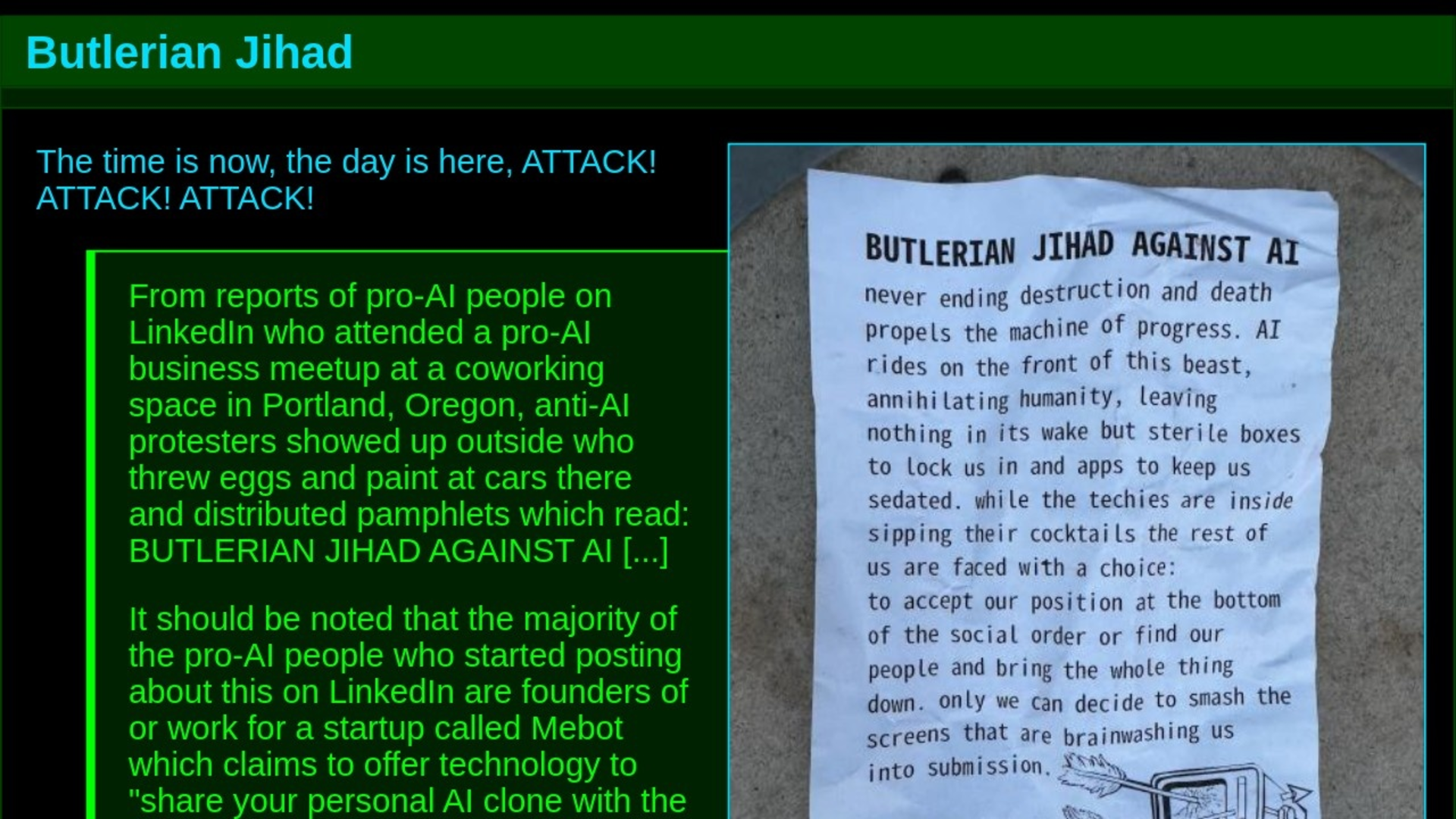In the age of unregulated surveillance capitalism, children are just another product segment to be spied and sold.
A new study (https://www.jmir.org/2025/1/e71998) finds out that, out of 14 companies actively marketing online surveillance on school devices:
- 86% monitors students 24/7, not just during school hours.
- 71% scans content posted by minors through AI.
- Only 43% of them employs human reviewers.
- 36% admitted of spying kids not only on school-owned devices, but also on their own personal devices, although they didn’t clarify how they do that nor what kind of data (photos, texts…) they scrape.
- 50% scrapes content posted on those kids’ own social media profiles too.
- 29% admitted to use the scraped data to process “risk scores” on the level of schools, classes and individual children.
The companies involved in such large-scale surveillance campaigns usually prefer to remain as anonymous as they can. I believe instead that it’s a civic duty that as many people as possible know their names, publicly shame them, call them accountable, and threaten or intimidate their employees. It’s those morally bankrupt individuals who should feel afraid and ashamed for spying and selling the most sensitive data about our kids without our consent and without accountability. It’s by destroying the morale of their own employees that we can weaken this rotten system:
Note that some of those websites push marketing campaigns that justify their deeply immoral practices by advertising how many potential tragedies they prevented through their massive surveillance schemes - e.g. “18,000 cases of physical harm prevented thanks to our surveillance!”.
They don’t answer however:
- What accounts for “evidence of physical harm” - does a teenager who writes “I hate my math teacher” on social media account as a credible threat? Does potential intent reflect actual crime - i.e. are we already in a Minority Report scenario?
- If the benefit of preventing 18,000 cases of violence is worth the cost of spying on at least tens of millions of children and teenagers worldwide - would you accept the police to monitor each single picture, video or message you send so they can catch a potential criminal in your city?
In the meantime:
- If you trust your own kids and you wouldn’t spy on each single piece of information they share (a principle of basic trust that IMHO every single good parent who wants to raise a healthy adult should agree on), then you shouldn’t let an opaque unaccountable American company spy on them more than you would do yourself. The best way to know your children is to sit next to them while they use digital devices, answer their questions and provide them with guidance. If you can’t do that, then any other less transparent methods of surveillance (which includes both parental control software and 3rd-party surveillance services provided by these companies) is a parental failure.
- Avoid at all costs, unless really required, any phone, tablet or computer given by your kid’s school. Provide them yourself with a device if needed.
- Teach your children to use surveillance-proof instruments - decentralized social networks like Mastodon rather than Facebook/TikTok/Instagram, your own Searxng instance instead of Google, a private Nextcloud instance instead of Google Drive, a self-hosted LLM model instead of ChatGPT, Firefox with uBlock Origin and Privacy Badger everywhere, and no browser extensions provided by the school, a VPN that uses your PiHole or other privacy-aware DNS servers to filter malicious traffic, etc. I wish I could provide a silver bullet that doesn’t require parents to be expert sysadmins who know how to run their own services, but the truth is that I can’t. Kids’ digital footprint is so sensitive that the best way to handle it is to run your own hardened private services, and in today’s surveillance-based economy not trusting any 3rd-party is usually the best option.
- If teachers object that it’s their right to surveil the activities of your child, please remind them the existence of the following laws:
- (For American parents): COPPA (Children’s Online Privacy Protection Act): websites and online services are required to obtain verifiable parental consent before collecting personal information from children under 13, and FERPA (Family Educational Rights and Privacy Act): parents have all rights regarding their children’s educational records, including the right to inspect records and consent to disclosure.
- (For European parents): GDPR: requires parental consent for processing children’s data (typically under 16, though member states can lower to 13).
- If your kids’ school uses American cloud services in the class (usually either Google’s or Microsoft’s services for email, calendar, files, messaging, video conference etc., for example most of the schools in the Netherlands use the Google suite) express your concerns over the privacy of your children and lobby them to move away from them. Some of the companies I mentioned earlier purchase data from Google or Microsoft, either directly or through intermediate data brokers. Raise awareness with other parents and push your school to use open-source transparent privacy-respecting alternatives like Nextcloud, Jitsi or Mattermost instead.
https://www.jmir.org/2025/1/e71998






